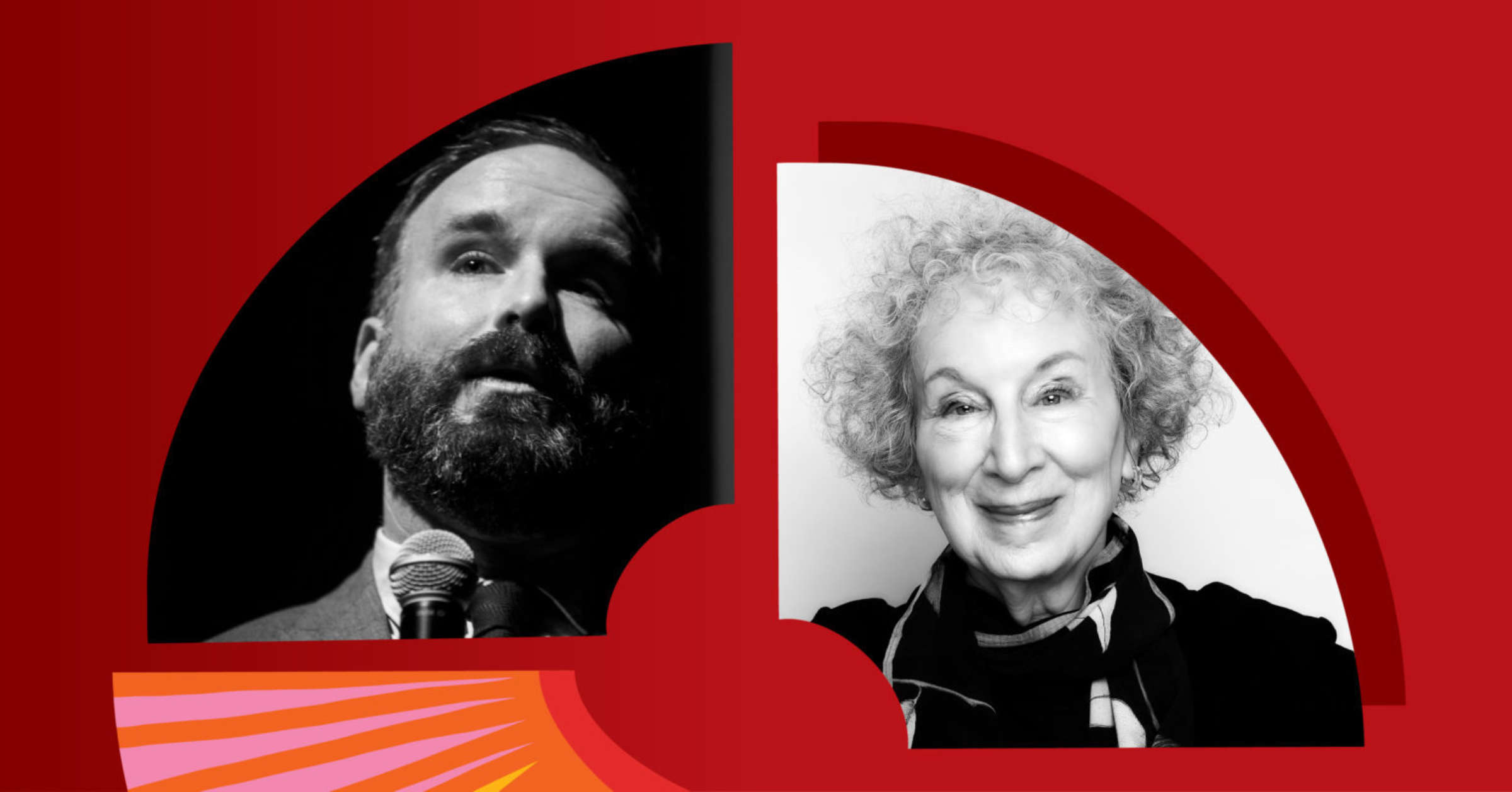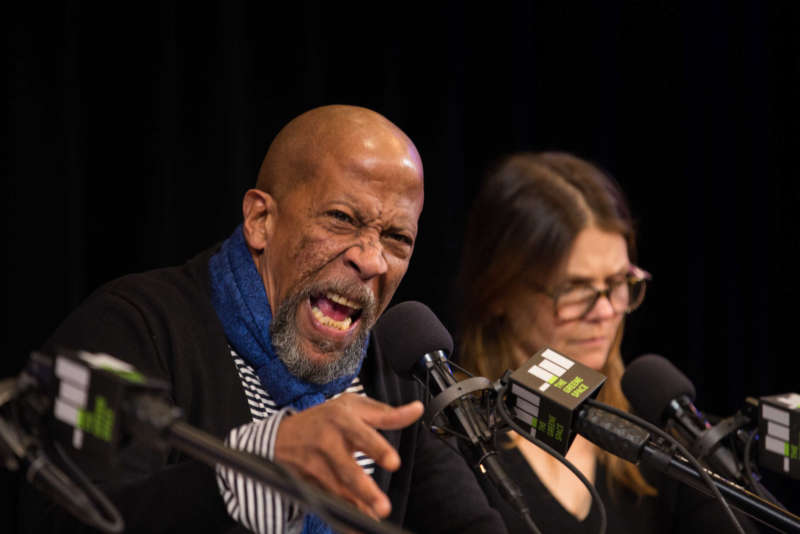
Don’t miss an unforgettable conversation between two social activists whose pens have proven mightier than swords. As a translator of ancient texts, and artistic director of Theater of War Productions, New York-based Bryan Doerries routinely brings catharsis to the traumatized by framing dramatic readings and facilitating discussions on pressing issues of public health and social justice. In live conversation with the inimitable Margaret Atwood, Doerries will discuss his latest book: a fresh translation of Sophocle’s three Theban plays, titled The Oedipus Trilogy. You’ll discover why these classic Greek tragedies still resonate, and learn why this ancient technology of storytelling is so vital today.
Explore Projects
-
 War & Mental HealthThe Tecmessa Project
War & Mental HealthThe Tecmessa ProjectThe Tecmessa Project presents readings of Sophocles’s Ajax, an ancient play about the visible and invisible wounds of war, as the catalyst for discussions focusing on the unique challenges faced by military family members, including couples, children, caregivers, and communities. This project is designed to promote understanding, compassion, and positive action.
-
 War & Mental HealthTheater of War
War & Mental HealthTheater of WarRooted in discussions about the invisible and visible wounds of war, the company’s hallmark project is designed to increase awareness of psychological health issues, disseminate information on available resources, and foster greater community cohesion.
-
 HomelessnessThe Oedipus at Colonus Project
HomelessnessThe Oedipus at Colonus ProjectThe Oedipus at Colonus Project presents readings of scenes from Sophocles’ final play, Oedipus at Colonus, as catalyst for powerful, community-driven conversations about homelessness, the immigration and refugee crisis, and the challenges of eldercare during and after the pandemic.
